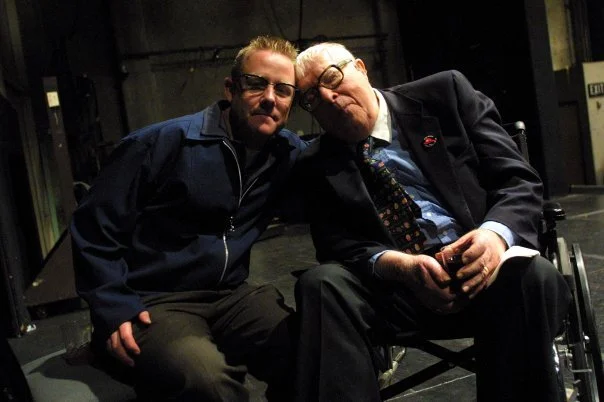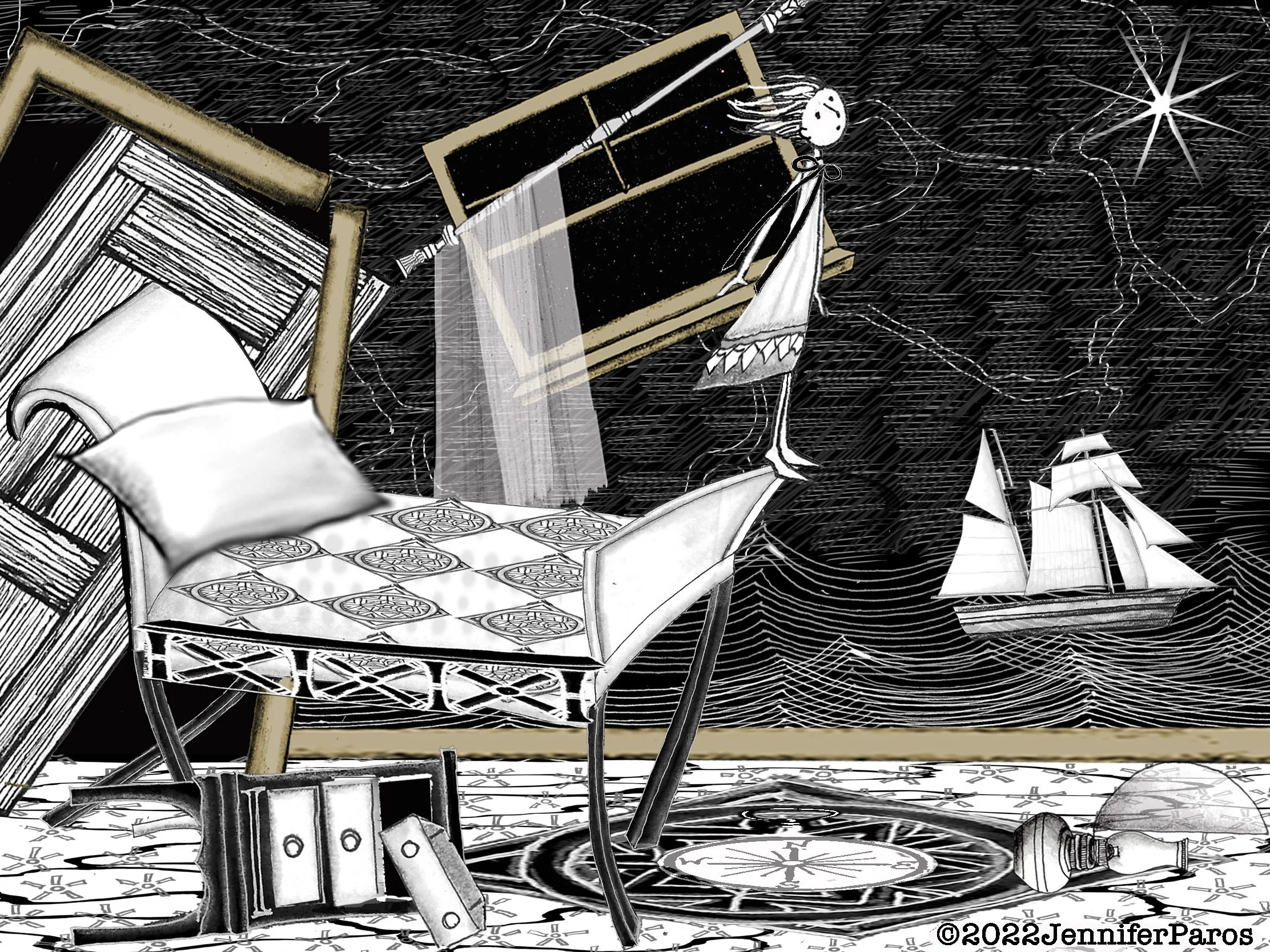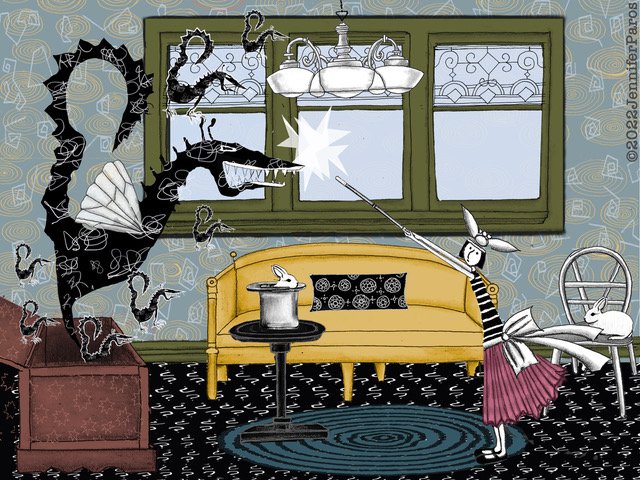I have been toying with the idea of writing a book about world religions since high school, but I could never figure out the right way to pull it off. The problem? With thousands of religions practiced around the world, it seemed like trying to capture the rich tapestry of religious beliefs would yield an unreadable tome. But then I had my beautiful daughter, and just a few days after bringing new life into this world, it hit me: I could write a book exploring the spectrum of answers religions provide for life’s biggest questions.
As I cuddled my baby and kissed her chubby cheeks, I realized that writing a book while juggling a newborn, an extremely active toddler, and a job would be challenging, to say the least. I was terrified that I would give up, so I came up with four rules to keep me focused and motivated…
Read More



















